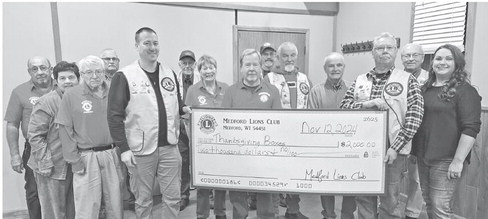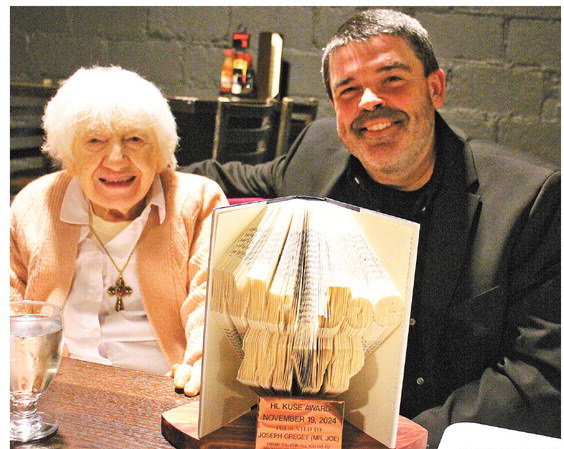Aspirus health expert addresses medication, poison safety
92 percent of poisonings happen at home
Since the initial surge of COVID-19, many people are adjusting to living their lives mostly at home. Medication and poisoning safety is important because it can prevent unsupervised accidental ingestion of potentially harmful or fatal substances. According to the American Association of Poison Control Centers, 92 percent of poisonings happen at home, and 43 percent of poisonings involve children under the age of 6.
This National Poison Prevention Week (March 2127), Safe Kids Marathon County is providing families with tips and resources to help prevent accidental ingestion of poisonings.
“It is vital that people know basic information on poison prevention in the home, particularly at this time when so many families have stocked up on medicines, sanitizers and cleaning supplies and kids are spending more time at home,” said Amanda Tabin, Safe Kids and injury prevention coordinator at Aspirus Wausau Hospital. “Key points to remember to prevent poisonings are: Safe dosage, safe storage and safe disposal.”
Safe dosage
★ Use the dosing tool that comes with your medicine. Do not use a kitchen spoon as a replacement. If you lose the original dosing tool, ask your pharmacist for an appropriate replacement.
★ Read and follow the label. Do not give or take more than one medicine at a time with the same type of active ingredient.
★ Use reminder tools to help keep track of medicine doses. Set a reminder in your phone or use a medicine schedule to remember when to give and take medicine. This will help ensure you’re giving or taking medicine in the correct amount and frequency.
Safe storage
★ Keep all medicine, cleaning products and other chemicals out of children’s reach and sight, even overthe- counter items you use frequently. Kids are naturally curious and can quickly get into things if they are kept in places within their reach. Keep all potentially harmful products up and away.
★ Choose child-resistant packaging whenever possible. If someone in your home is using pill boxes or other containers that are not child-resistant, it’s even more important to store these out of children’s reach and sight. While a child-resistant container can slow down a child working to open it, it is not childproof. Families are often surprised by how quickly their little one can get into a child-resistant container.
★ Candy vs. medicine. To a little explorer, candy and medicine can look alike, so it is especially important to keep all medicines and vitamins out of children’s reach and sight.
Safe disposal
★ Utilize medication drop boxes in your community to dispose of expired or unneeded medications. Doing so can reduce the risk of accidental poisonings in children and pets, help reduce prescription drug abuse in our communities, and help protect our environment.
★ Dispose of hazardous materials and chemicals you no longer need. Contact your county’s solid waste department to learn how to properly dispose of hazardous waste.
For more information about medicine safety and poisoning prevention, visit www.safekids.org.


